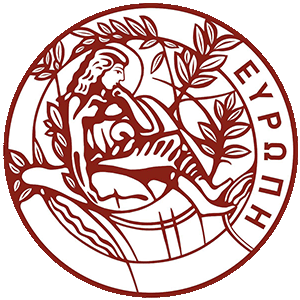DAMSL-210 Modeling in Physical Sciences
Type
Elective
Course Code
DAMSL-210
Teaching Semester
B semester
ECTS Credits
10
Syllabus
- Models and their derivation. Dimensional analysis. Examples.
- Population (Logistic, Lotka-Volterra) and disease spreading (SIR) models. Numerical solution of the models.
- Hamiltonian systems (discrete and continuous). Klein-Gordon equation.
- The Schrödinger equation and the Gross-Pitaevskii model.
- Diffusion equation, derivation, properties, diffusion in the presence of constant force.
- Deterministic – Stochastic systems. Modeling of deterministic systems: Molecular dynamics simulations. Dynamics of stochastic systems: Langevin, Brownian dynamics.
- Introduction to Monte Carlo methods. Monte Carlo algorithms of importance sampling.
- Markovian chains. Metropolis – Hastings type algorithms. Examples.
- Molecular simulations and multi-scale modeling of complex systems
- Data-driven models and Machine Learning algorithms for complex systems
- Hybrid physics-based data-driven models
- Advanced Topics: Reaction diffusion systems
Learning Outcomes
After the successful completion of the course the students will be able to:
- Understand the structure of mathematical models for discrete and continuous systems, which appear in Physics, Material Science, Biology and Engineering sciences.
- They will be able to construct mathematical models for similar problems
- They will be able to use modern simulation methods, algorithms for data analysis and machine learning widely used for the solution of these models
- Be in position to search for solutions to these models with analytical and computational tools
- They will be able to interpreter and explain the characteristics of the obtained solution with the respect to the origins of the models and its correspondence to the physical problem
Student Performance Evaluation
Lab assignments, Course project, Final exam
